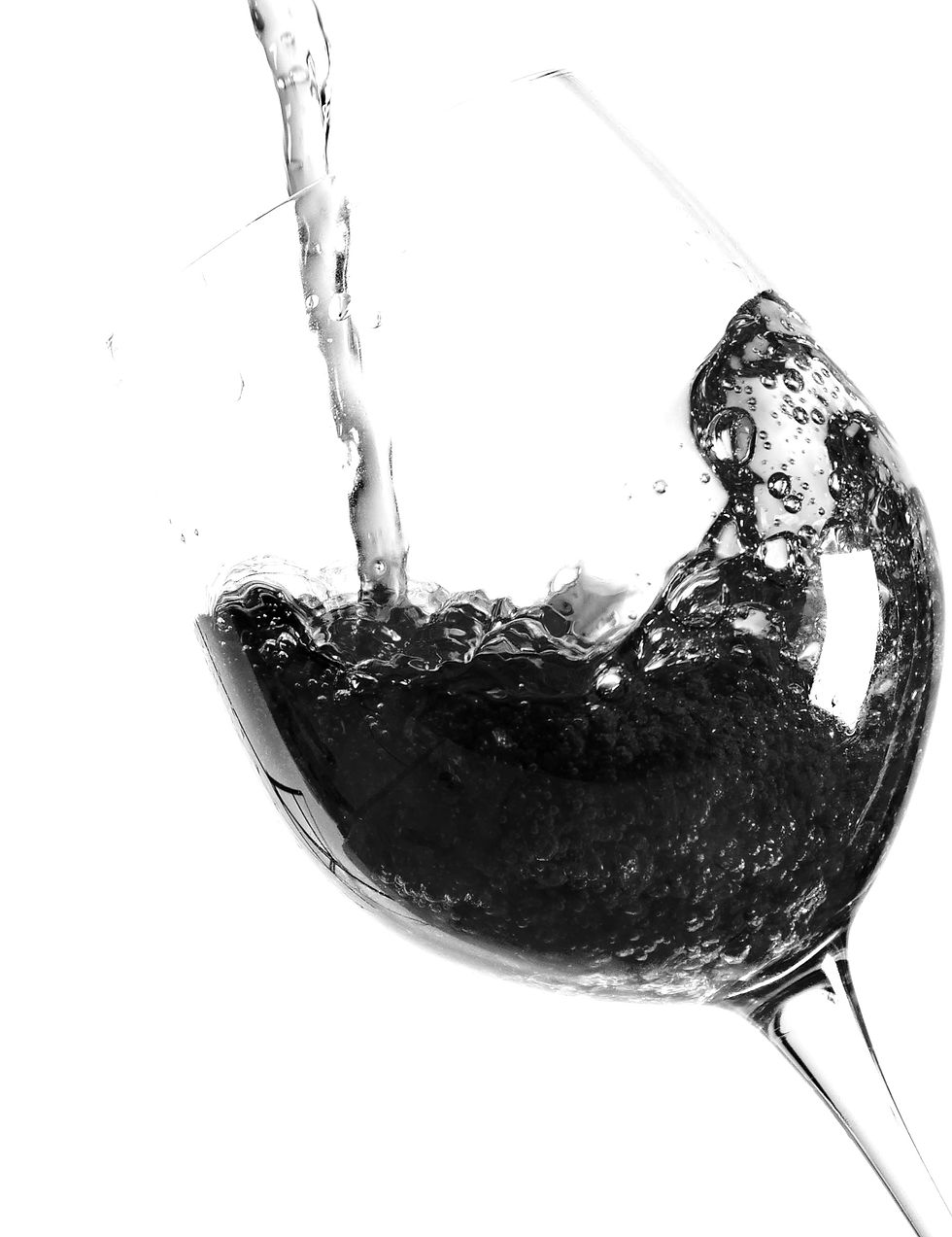ZINC: The silent assassin in the fight against Covid?
- karendeehan
- Dec 10, 2020
- 3 min read

Move over vitamin D, there’s another contender in the fight against Covid.
Zinc is the ultimate multi-tasking mineral. It's vital for countless biological processes and helps to keep skin healthy, supports growth, aids cell renewal and heals wounds. Vitamins C and D often steal the limelight when it comes to a healthy immune system, but zinc's potent anti-viral properties deserve some of the credit.
LOW ZINC, WORSE SYMPTOMS?
Zinc’s ability to reduce the duration of the common cold is well documented, but there’s evidence to suggest that it may have a similar effect on Covid. Researchers in Spain found that hospitalised Covid patients who had low blood levels of zinc experienced worse symptoms than those who weren't deficient.* It’s worth noting that this was a relatively small study and further research is needed, but there was a clear correlation between zinc levels and the severity of the disease. When it comes to fighting other types of coronavirus, zinc also has form. Another study in 2010 indicated that it reduced the activity and replication of the deadly SARS-COV virus, which provides further evidence of its considerable anti-viral properties.
STOPPING THE SPIRAL
So why does zinc pack such a power punch? The answer lies in its ability to ‘apply the brakes’ on the immune response, preventing it spiralling out of control. People experience severe Covid symptoms for many reasons, but it’s often because their immune system goes into 'panic mode'. In effect, it becomes so intent on fighting the disease that it goes completely overboard and starts attacking our bodies as well.
Patients experiencing severe symptoms frequently have excessively high levels of immune proteins called cytokines, which can cause cell death and extreme inflammation (known as a cytokine storm). In many cases, this is what kills patients, rather than the virus itself. However, research by Ohio State University suggests that zinc has a calming and balancing effect on the immune system, so that it only attacks the infection and not the body**. This study focused on cytokine storms experienced by sepsis patients, but it may explain why Covid victims with higher levels of zinc tend to have milder symptoms. Zinc also preserves the body’s natural tissue barriers, helping to keep pathogens such as bacteria and viruses out and providing an additional line of defence.
ARE YOU GETTING ENOUGH?
So, how much of this important mineral should we be consuming? The daily amount recommended by the NHS is 7mg for women and 9.5mg for men. However, the Tolerable Upper Intake Level (UL) – the amount you can take safely - is actually 40mg. Bear in mind that this also includes zinc you consume from food sources such as meat, shellfish, fortified cereals, wholegrains and pulses. The most absorbable forms are zinc picolinate, zinc citrate and zinc acetate. It's best to take them with a main meal to avoid stomach upsets and to aid uptake. Unlike most other vitamins supplements, it's available as lozenges, syrups and tablets so you can experiment with which one is best for you.
A HEAD START
When it comes to fighting infection, scientists broadly agree that zinc is most effective if taken as soon as symptoms emerge. Many people like the reassurance of taking it as a supplement every day even when they’re well, although evidence that it acts as a preventative measure is mixed.
Zinc isn’t a panacea. It won’t stop you catching a nasty cold or contracting Covid, but the evidence suggests that it may make life more bearable if you do. Scientific opinion differs on the optimal dosage or formulation, and some question whether taking a zinc supplement provides any additional benefit if you already have enough in your diet. I for one will be popping a pill just in case.
References:
* Low zinc levels at clinical admission associates with poor outcomes in COVID-19: Marina Vogel, Marc Tallo-Parra, Victor Herrera-Fernandez et al
**Impact of zinc metabolism on innate immune function in the setting of sepsis: Daren Knoell, Ming-Jie Liu

Kommentarer